21 Things Science Says Your Facebook and Instagram Feeds Reveal About You
Social media affects nearly every aspect of our lives.

By Rose Leadem •
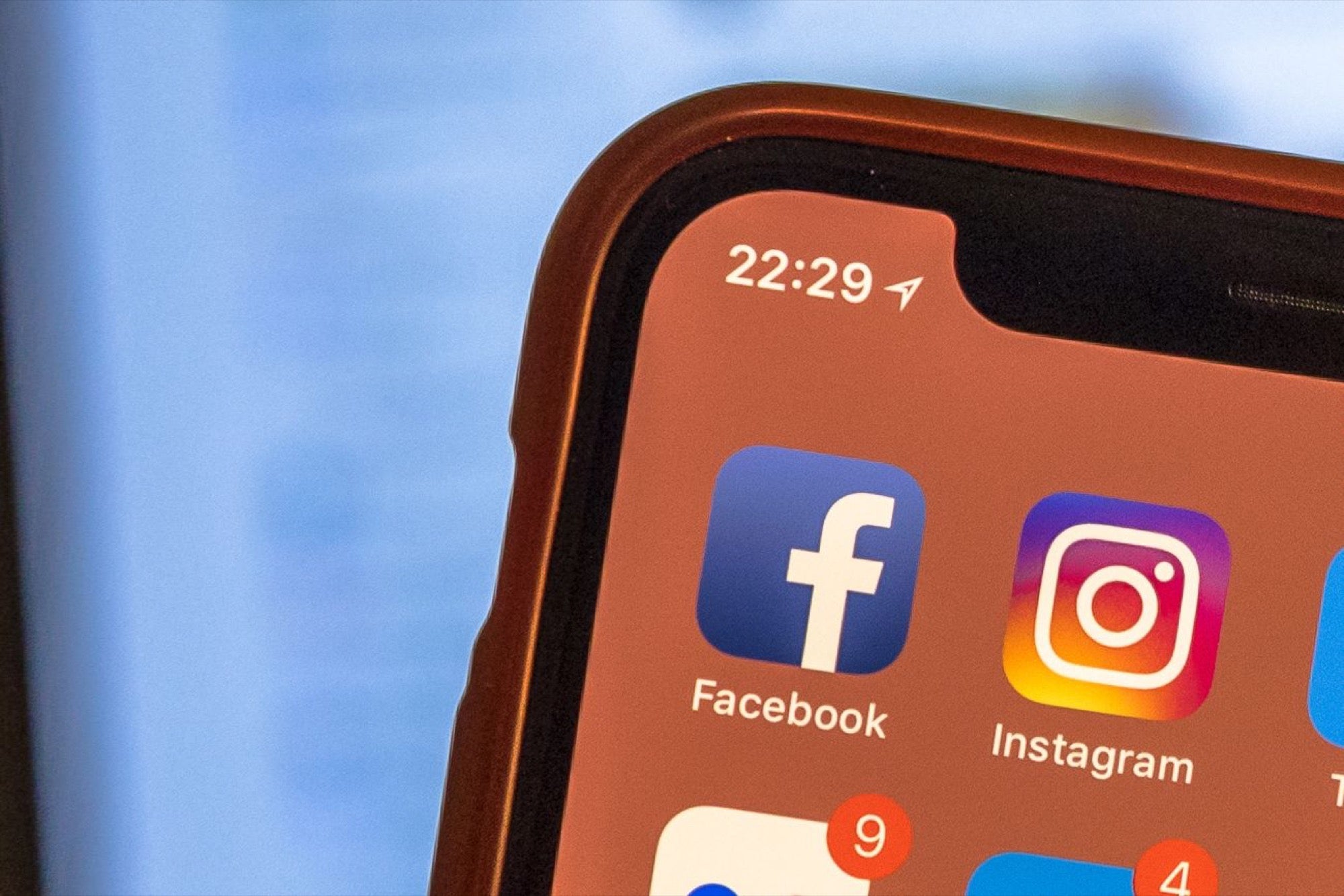
Opinions expressed by Entrepreneur contributors are their own.
This article originally published Aug. 24, 2017.
What you post online and how you use social platforms such as Facebook and Instagram can say a lot about you.
In fact, a number of studies have revealed social media's connection to a person's mental health, well-being, intellectual capacity and more. And while social platforms have helped make the world more connected, they've created new challenges. For example, recent research found that people who frequently browse Instagram are more likely to shows signs of depression than others. Another study found that people who identify their religion on Facebook tend to use more positive language on the platform.
Related: Easy Ways to Start Developing Your Personal Brand on Social Media
From emotions to religion to diet -- social media is affecting nearly every aspect of our lives, and your Facebook and Instagram feeds reveal a lot more about you than you probably think.
Here are 20 things your social media feeds say about you, according to research.
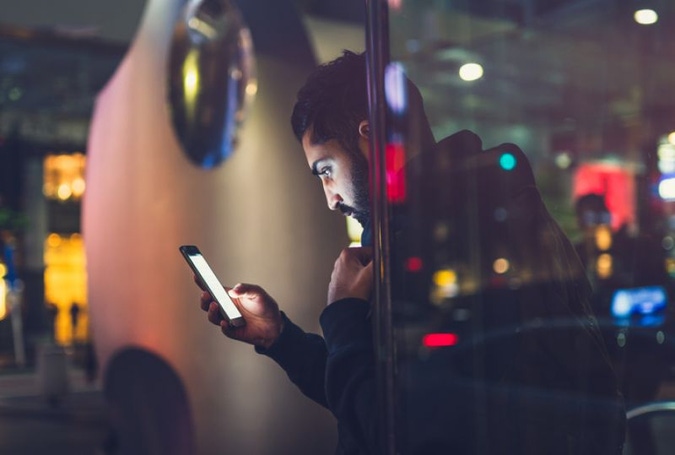 Nazar Abbas Photography | Getty Images
Nazar Abbas Photography | Getty ImagesYour 'perceived audience' can cause you to censor yourself.
Many of us think before we speak to express ourselves clearly, avoid offending others and present a curated version of ourselves. The same is true on social media, based on research into drafted or self-censored Facebook posts and comments.
Researchers from Carnegie Mellon University and Facebook examined data of more than 3.9 million Facebook users over a 17-day period, and they found that 71 percent of them self-censored at least one post or comment they’d drafted during that time. People are most likely to change their mind about what they’ve typed up at the last minute when what they’ve prepared was meant for a specific group audience. The researchers also found that males are more likely to censor their own Facebook posts, especially when most of the their Facebook friends are also male. However, males and females in the study were equally likely to censor comments on posts (13 percent of the time).
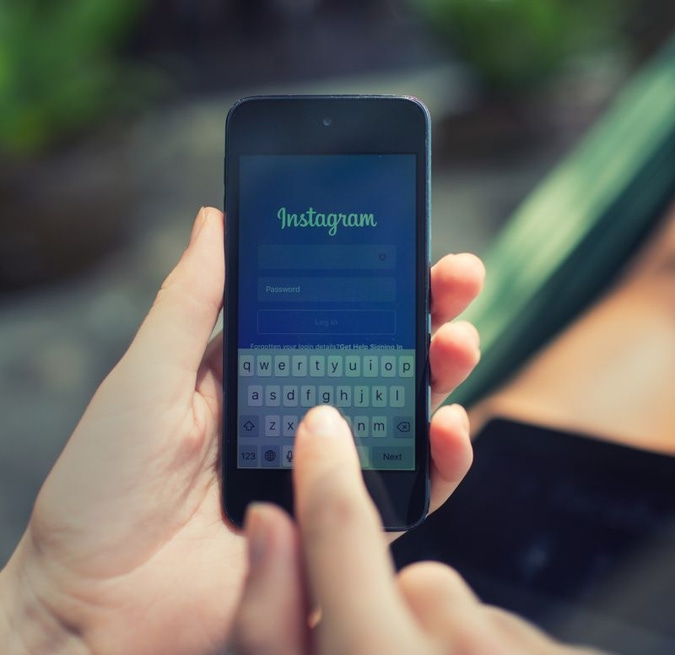 supershabashnyi | Getty Images
supershabashnyi | Getty ImagesPeople with depression post more frequently on Instagram.
How often you post on Instagram can be an indicator of your mental health. Using a computer program, researchers from Harvard and Vermont universities analyzed more than 43,000 Instagram posts from 166 users to uncover how people with depression use the app. Turns out, users with depression posted more frequently than those who did not have mental health issues. They also had more faces in their photos and were less likely to use filters. Plume Creative | Getty Images
Plume Creative | Getty ImagesYou’ll be unhappy if you spend too much time on social media apps.
Spending too much time on social media can be toxic. In fact, by limiting the amount of time you spend on them, you'll be more satisfied with your experience. Social media app Moment collected data from people's usage on social apps, discovering that there's a happiness breaking point for each platform. For Facebook, spending longer than 23 minutes can result in an unhappy experience and for Instagram, the threshold is 31 minutes.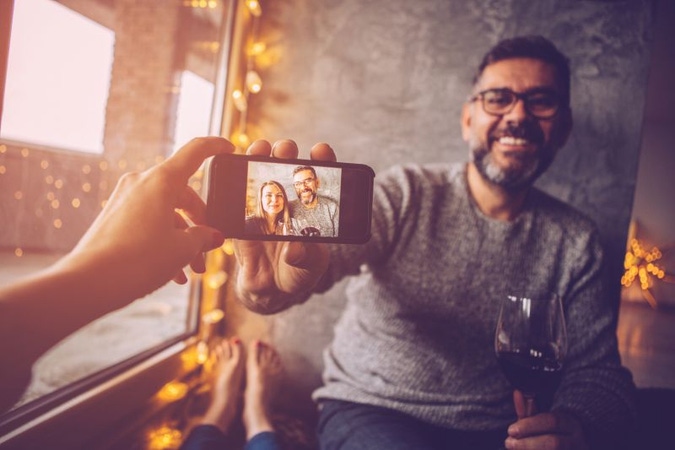 svetikd | Getty Images
svetikd | Getty ImagesSocial media can skew your memories.
When it comes to social media, you want to put yourself in a positive light. That means publishing happy photos and sharing good times -- typically through a filter. And while social media seems like a great place to store your memories so you can go back and recall them later -- that may not be the case. One study found that because people post mostly positive items on social media, when they look back at their photos, they are recalling false "happy" memories that actually skew significant events with inaccurate portrayals.
Related: How to Be More Productive on Social Media
 Cecilie_Arcurs | Getty Images
Cecilie_Arcurs | Getty ImagesYour religious affiliation influences the language you use on Facebook.
A recent study analyzed the language of more than 12,800 Facebook users who identify their religious affiliations on their profiles. Turns out, religious individuals use more positive emotion words and discuss social themes such as family, while people who do not identify their religion use more negative language to express emotions such as anger and more often discuss topics such as the human body and death.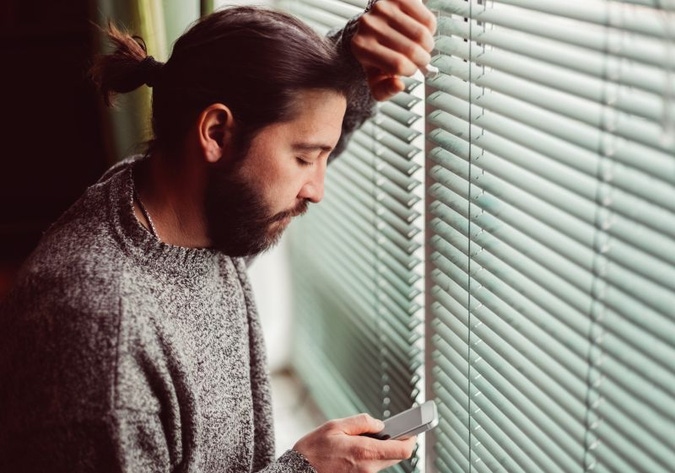 martin-dm | Getty Images
martin-dm | Getty ImagesThe more time you spend on social media, the more likely you are to feel isolated.
Today, social isolation is becoming a larger epidemic than obesity in America. And a contributing factor to this is social media. While many might think social media helps people feel more connected and build relationships, it can actually do the opposite. A recent study found that people who spend more than two hours a day on social media have twice the odds of feeling socially isolated than those who spend less than two hours.
 Alexandra Iakovleva | Getty Images
Alexandra Iakovleva | Getty ImagesHaving a lot of "friends" on social media doesn’t make you more social.
Thousands of Instagram followers doesn't translate into thousands of real friends and an active social life. One study found that the more friends you have doesn't mean you're more social, and that there's in fact a limit to the number of friends a person's brain can handle. Virtual friends don't translate into real friends, and building and maintaining friendships requires actual social interaction.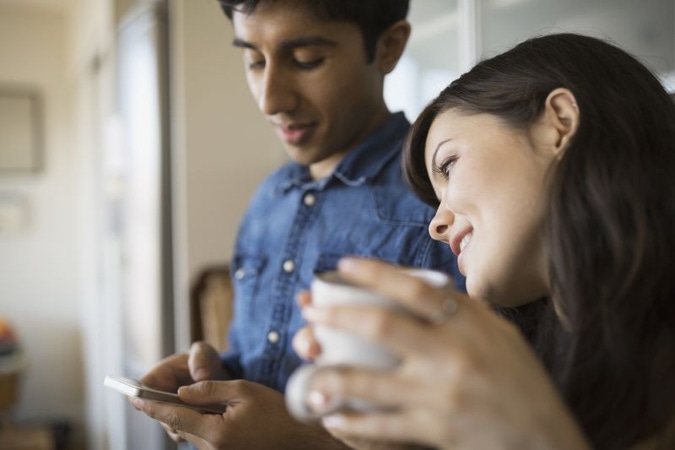 Hero Images | Getty Images
Hero Images | Getty ImagesPeople who post a lot about their romantic partner on Facebook are more likely to have low self-esteem.
Your Facebook status updates can reveal a lot about your true self. By collecting data from 555 Facebook users, one study found that people with low self-esteem tend to post more frequently about their current romantic partner. Not only that, but people who the study identified as "narcissists" posted most about their diet and exercise routines.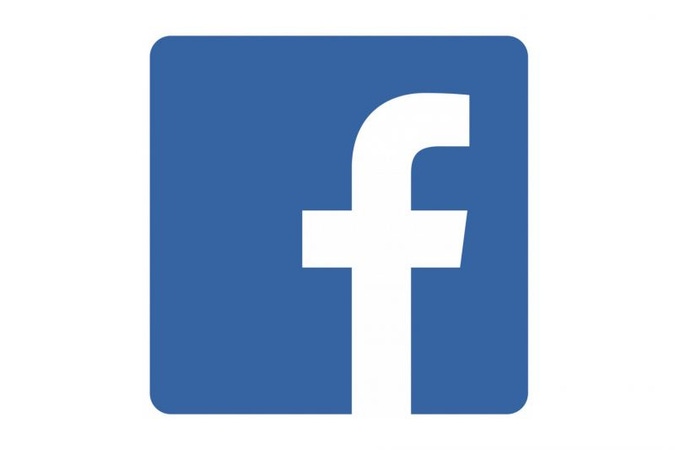 Facebook
FacebookJust looking at the Facebook logo can make you crave visiting the social network.
Like foods and substances, social media also has an addictive component to it. In fact, a recent study found that simply seeing the Facebook logo triggers a craving to use the social platform -- whether they are frequent or infrequent users.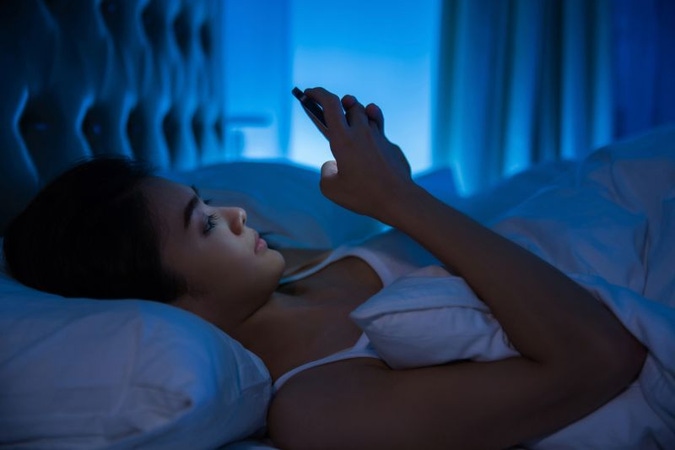 torwai | Getty Images
torwai | Getty ImagesToo much social media can disrupt your sleep.
Today, with today's technology at our beck-and-call, it can be difficult to get a good night's rest. Social media platforms can disturb your sleep. One study found that one in five young people wake up regularly throughout the night to check or send messages on social media. Another study, where 1,788 U.S. adults answered questionnaires about their sleeping and social media habits, discovered that people who claimed to have high levels of sleep disturbance were people who obsessively checked their social media accounts.
Related: 8 Tips for Building Your Personal Brand in 2017
 Yuri_Arcurs | Getty Images
Yuri_Arcurs | Getty ImagesYou have different personas for each platform.
A recent study found that people change their online image and persona depending on the platform they are on. Users consider each platform a different "world," and portray themselves differently on each. Guido Mieth | Getty Images
Guido Mieth | Getty ImagesUsers under 25 are less likely to smile in their profile pictures.
Whether they're trying to play the "cool kid" or simply had a bad day, recent research found that social media users under 25-years-old are less likely to smile in their profile pictures. The research also found that women are less likely to wear corrective eyewear such as glasses in their pictures, as compared to men. Astarot | Getty Images
Astarot | Getty ImagesTexting and being on social media too much can turn you into a jerk.
From an overabundance of selfies to Twitter rants -- it can be easy to accidentally portray yourself as a narcissist or even a jerk online. However, it's more than just the pictures and text. Research suggests that obsessively texting and checking social media can not only make you look like a jerk, but turn you into one as well. Constantly being on social media leads people to make snap judgments and become concerned with superficial matters, ultimately causing people to be "more shallow and less moral." martin-dm | Getty Images
martin-dm | Getty ImagesEmotions on Facebook are contagious.
Whether someone is having a bad day or just received the greatest news ever, people turn to Facebook to express their emotions. And while they are only speaking for themselves, eventually their feelings of happiness or sadness may catch up with their friends. Research shows that emotions expressed online are highly contagious, and what you post on your Facebook can have an effect on your friends and followers' emotions too.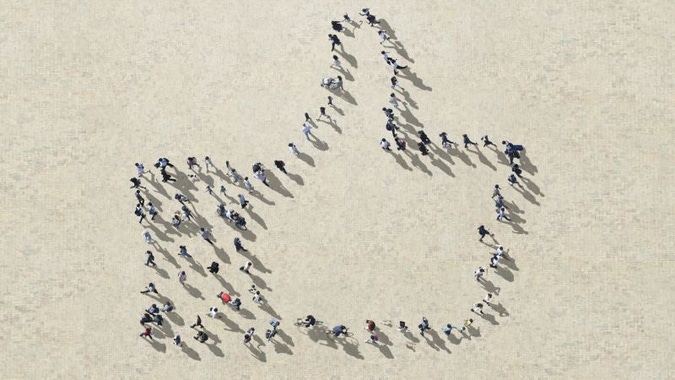 Hiroshi Watanabe | Getty Images
Hiroshi Watanabe | Getty ImagesGetting more Facebook “likes” won’t make you feel good.
While many would think Facebook "likes" would boost self-esteem and make people feel good, it turns out that's not necessarily true. A recent study found that getting attention on social media in the form of likes doesn't boost a person's mood.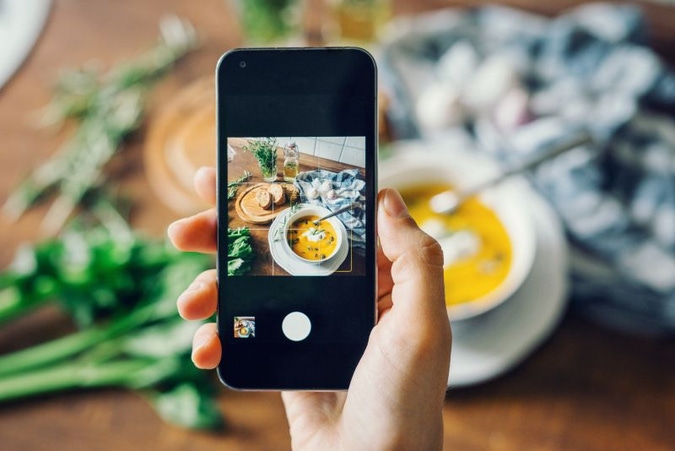 Alexandra Iakovleva | Getty Images
Alexandra Iakovleva | Getty ImagesPosting “food porn” on Instagram can help you lose weight.
If you're looking to drop a few pounds, try posting a few shots of your favorite food. While you might think this would have the opposite effect and in fact trigger weight gain, a recent study found that people who post images of their food or recipes are more prone to eating healthy and even losing weight.
Related: 5 Mistakes to Avoid When Picking Your Social-Media Profile Photo
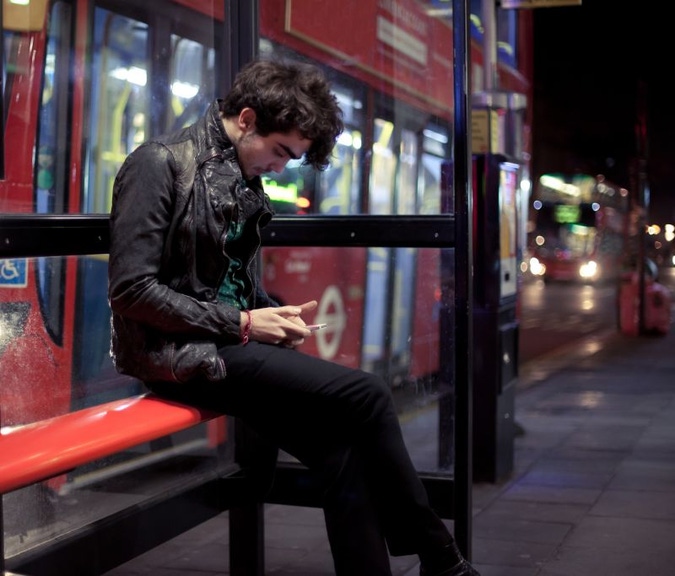 James Whitaker | Getty Images
James Whitaker | Getty ImagesFacebook can make you jealous of your friends.
There's no doubt that social media makes people compare themselves to others, which can often impact a person's well-being. Research found that Facebook users often feel envy when they see their friends posting fun and interesting photos. This often leads users to fancying up their own profiles in response. Maskot | Getty Images
Maskot | Getty ImagesThere are three different types of selfie takers.
While selfies might be associated with ego and narcissism, that's not necessarily true. Recent studies found that there are three different types of selfie takers: communicators, autobiographers and self-publicists. "Communicators" publish selfies to spark a conversation with followers, for example someone posting an image of themselves with an "I voted" sticker. "Autobiographers" take selfies to document events in their lives to preserve special moments. The "self publicists" (think the Kardashians) document their entire lives in an attempt to make themselves look positive.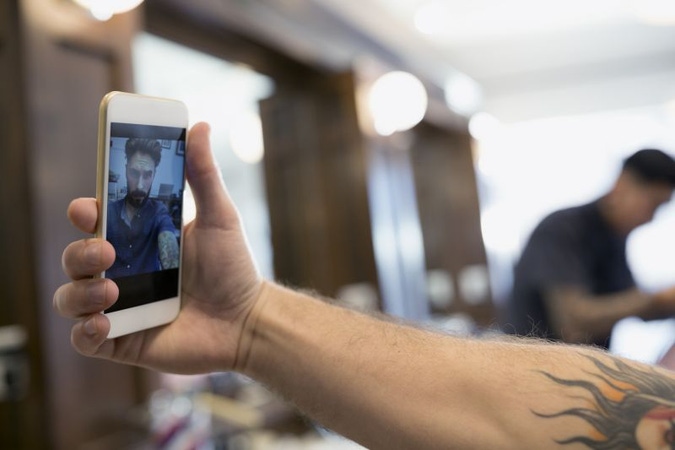 Hero Images | Getty Images
Hero Images | Getty ImagesToo many selfies can negatively impact relationships.
Everyone posts selfies for their own reasons, however, we've all got those certain friends who go a little overboard. One study found that when people post selfies too often, they risk negatively affecting their relationships with some of their followers. Matias Castello | EyeEm | Getty Images
Matias Castello | EyeEm | Getty ImagesFollowing too many strangers can make you depressed.
Don't feel guilty about following your favorite celebrity or idol on social media, but following too many people you don't know has negative repercussions. Research found that people who follow more strangers are more prone to social comparisons and depressive symptoms, compared to those who follow fewer strangers.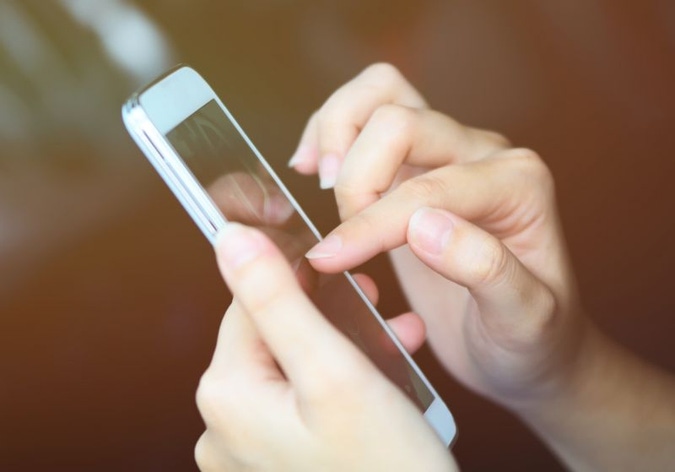 Nora Carol Photography | Getty Images
Nora Carol Photography | Getty Images








